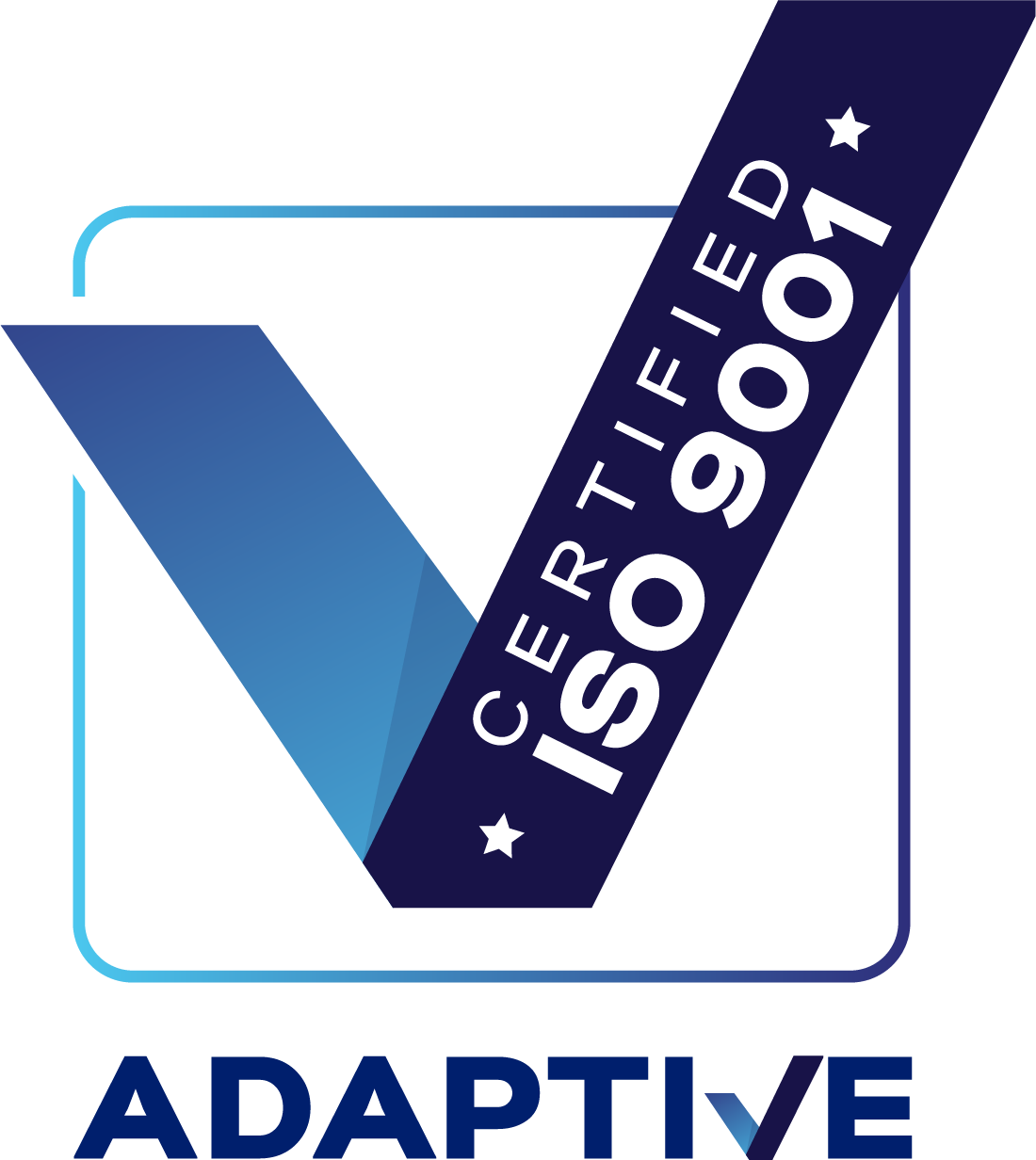
ISO Management System challenges!!
Developing and implementing a management system in a business can present various challenges. Here are 10 common challenges we come across:
1. Resource Allocation
Allocating the necessary financial, human, and technological resources for system development and implementation can be a challenge. Limited budgets, competing priorities, and lack of skilled personnel can impede the process.
2. Change Management
Implementing a new system often requires changes in workflows, processes, and employee roles. Resistance to change from employees, lack of buy-in, and inadequate change management strategies can hinder successful implementation.
3. Stakeholder Alignment
Ensuring alignment and collaboration among stakeholders, including management, employees, IT teams, and end-users, can be challenging. Conflicting priorities, lack of clear communication, and resistance from different stakeholders can impede progress.
4. System Integration
Integrating the new system with existing infrastructure, databases, and legacy systems can be complex. Compatibility issues, data migration challenges, and the need for seamless integration with other systems can pose obstacles.
5. Data Security and Privacy
Protecting sensitive data and ensuring compliance with relevant regulations (e.g., GDPR, The Privacy Act) is crucial. Developing robust security measures, implementing access controls, and addressing privacy concerns can be challenging during system development and implementation.
6. User Training and Adoption
Providing adequate training and support to employees during the transition can be a challenge. Ensuring users understand the system, adapting to new processes, and embracing the change can impact the system’s success.
7. Scalability and Customisation
Designing and implementing a system that can scale with business growth and adapt to future needs is essential. Building a flexible architecture and anticipating future requirements can be challenging without proper planning and foresight.
8. Testing and Quality Assurance
Thoroughly testing the system and ensuring its reliability, performance, and functionality is crucial. Identifying and resolving software bugs, conducting user acceptance testing, and ensuring system stability can be time-consuming and challenging.
9. Project Management
Managing the system development and implementation project effectively requires skilled project management. Overcoming delays, staying within budget, managing dependencies, and coordinating various teams and stakeholders can be demanding.
10. Continuous Improvement
After implementation, businesses need to continuously monitor, evaluate, and improve the system. Collecting feedback, identifying areas for enhancement, and implementing updates can be a challenge without a structured approach to continuous improvement.
MORE!!
These challenges are not exhaustive and can vary depending on the specific system being developed and the business’s unique circumstances. Addressing the above challenges often requires careful planning, effective communication, stakeholder engagement, and proactive problem-solving throughout the development and implementation process.
Speak to the team today @ Adaptive who have plenty of resources to assist in preparation for a visit from one of the team.




